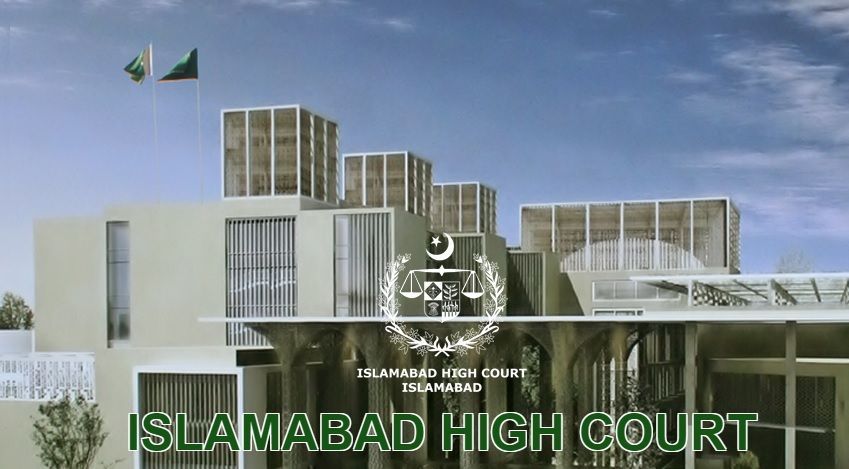The Section 12(1) of the Special Court Act, limits the Court’s jurisdiction to review actions by the Special Court unless they are found to be without Jurisdiction / Authority or motivated by malafide intent --- Islamabad High Court, Islamabad
Islamabad 07-11-2024: The Islamabad High Court (IHC) has dismissed a petition filed by senior counsel Anwar Mansoor Khan, who sought the expungement of remarks made by a Special Court regarding his conduct while representing former President General Retired Pervez Musharraf. The Special Court, constituted under the Criminal Law Amendment (Special Court) Act, 1976, had previously recorded comments about Khan’s behavior during proceedings, which he argued were damaging to his professional reputation and violated his constitutional rights.
The petition originated from proceedings before the Special Court where Khan represented Musharraf. The Special Court’s order included remarks on Khan’s Courtroom behavior, which he contended were incorrect and disparaging. Khan argued that the remarks were issued without notice, in violation of his rights to a fair trial, dignity, and livelihood as protected under Articles 9, 10A, and 18 of the Constitution.
Khan further asserted that judges of the Special Court, while serving under the 1976 Act, acted as persona designata (specific individuals designated by law) and not as Islamabad High Court (IHC) judges. He argued that this status opened their actions to review under Article 199 of the Constitution, which grants the Islamabad High Court (IHC) jurisdiction to address violations of fundamental rights.
Mr. Justice Babar Sattar, who presided over the case, acknowledged the petitioner’s arguments on the doctrine of persona designata and judicial review but emphasized a high threshold for reviewing remarks made by judges, especially those made to maintain decorum in the Courtroom. The Court explained that while judicial comity generally discourages judges from reviewing the orders of their peers, exceptions can be made when fundamental rights are affected.
The Islamabad High Court (IHC) pointed to Section 12(1) of the Special Court Act, which limits the Court’s jurisdiction to review actions by the Special Court unless they are found to be without jurisdiction, coram non judice (outside authority), or motivated by malafide intent. The Court found that none of these criteria applied to the Special Court’s remarks about Khan’s conduct.
The Islamabad High Court (IHC) held that Article 10A’s guarantee of fair trial and due process did not extend to the remarks in question, as they did not constitute a final judgment, impose penalties, or impact Khan’s civil rights. Therefore, the observations made by the Special Court did not amount to a denial of due process.
In dismissing the petition, the Islamabad High Court (IHC) found that the remarks by the Special Court served only to maintain Courtroom order and did not infringe on Khan’s rights to practice his profession. Mr. Justice Babar Sattar noted that the petitioner continued his successful legal career following the remarks, including serving as Attorney General for Pakistan in 2018, indicating no adverse impact on his professional standing.
The Islamabad High Court (IHC) also referenced established legal principles, noting that Courts are not required to issue notice before making non-penal observations about counsel behavior. The Court underscored that judicial remarks on conduct are generally within a Court’s purview to maintain decorum and respect in proceedings.
Powered by Froala Editor








